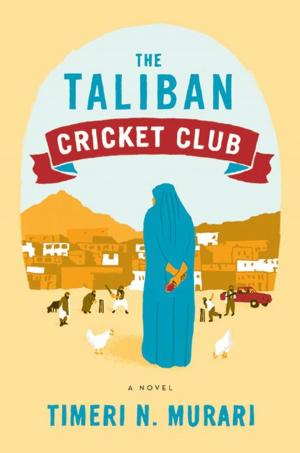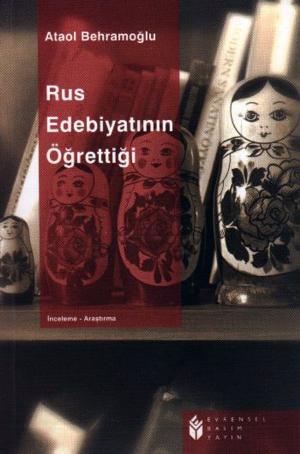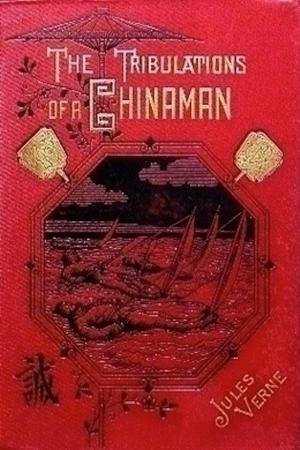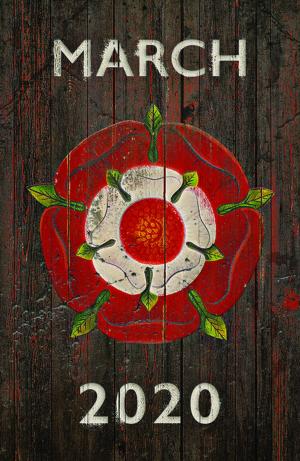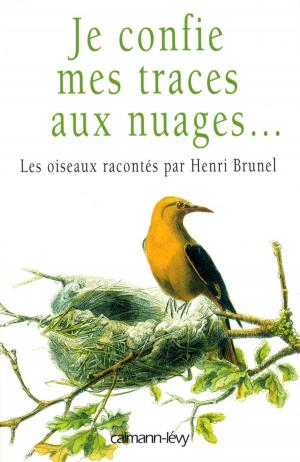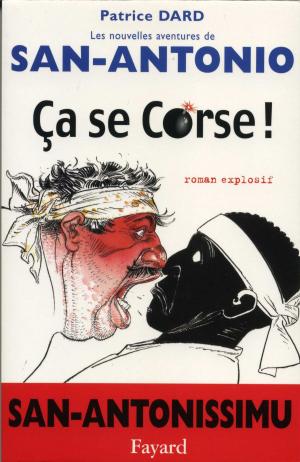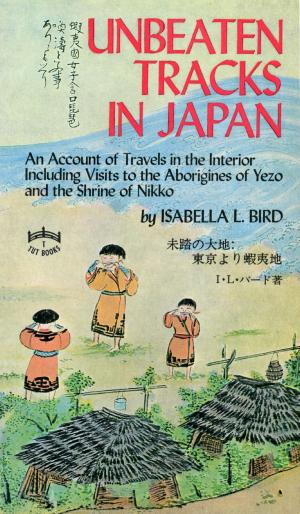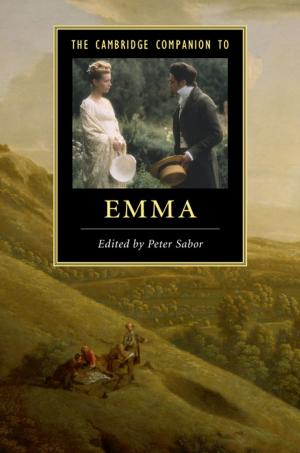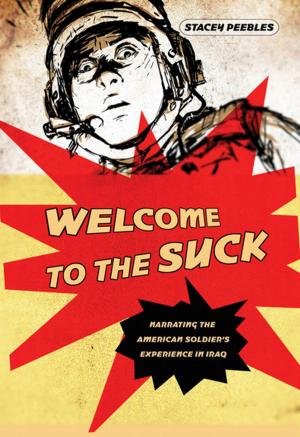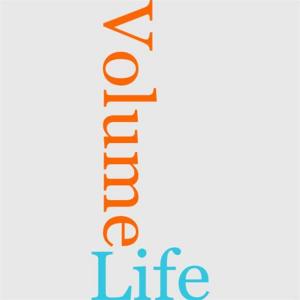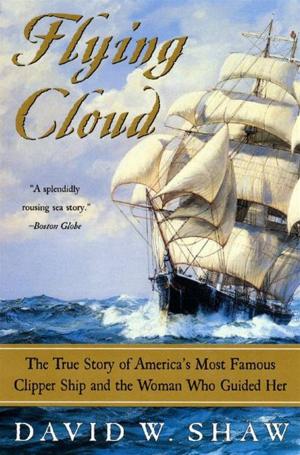| Author: | Osamu Dazai | ISBN: | 9784902075441 |
| Publisher: | Kurodahan Press | Publication: | June 3, 2011 |
| Imprint: | Language: | English |
| Author: | Osamu Dazai |
| ISBN: | 9784902075441 |
| Publisher: | Kurodahan Press |
| Publication: | June 3, 2011 |
| Imprint: | |
| Language: | English |
Momotarō, Click-Clack Mountain, The Sparrow Who Lost Her Tongue, The Stolen Wen, Urashima-san . . . The father reads these old tales to the children. Though he's shabbily dressed and looks to be a complete fool, this father is a singular man in his own right. He has an unusual knack for making up stories. Once upon a time, long, long ago . . . Even as he reads the picture book aloud in a strangely imbecilic voice, another, somewhat more elaborate tale is brewing inside him. Dazai Osamu wrote The Fairy Tale Book (Otogizoshi) in the last months of the Pacific War. The traditional tales upon which Dazai's retellings are based are well known to every Japanese schoolchild, but this is no children's book. In Dazai's hands such stock characters as the kindhearted Oji-san to Oba-san ("Grandmother and Grandfather"), the mischievous tanuki badger, the fearsome Oni ogres, the greedy old man, the "tongue-cut" sparrow, and of course Urashima Taro (the Japanese Rip van Winkle) become complex individuals facing difficult and nuanced moral dilemmas. The resulting stories are thought-provoking, slyly subversive, and often hilarious.
Momotarō, Click-Clack Mountain, The Sparrow Who Lost Her Tongue, The Stolen Wen, Urashima-san . . . The father reads these old tales to the children. Though he's shabbily dressed and looks to be a complete fool, this father is a singular man in his own right. He has an unusual knack for making up stories. Once upon a time, long, long ago . . . Even as he reads the picture book aloud in a strangely imbecilic voice, another, somewhat more elaborate tale is brewing inside him. Dazai Osamu wrote The Fairy Tale Book (Otogizoshi) in the last months of the Pacific War. The traditional tales upon which Dazai's retellings are based are well known to every Japanese schoolchild, but this is no children's book. In Dazai's hands such stock characters as the kindhearted Oji-san to Oba-san ("Grandmother and Grandfather"), the mischievous tanuki badger, the fearsome Oni ogres, the greedy old man, the "tongue-cut" sparrow, and of course Urashima Taro (the Japanese Rip van Winkle) become complex individuals facing difficult and nuanced moral dilemmas. The resulting stories are thought-provoking, slyly subversive, and often hilarious.

